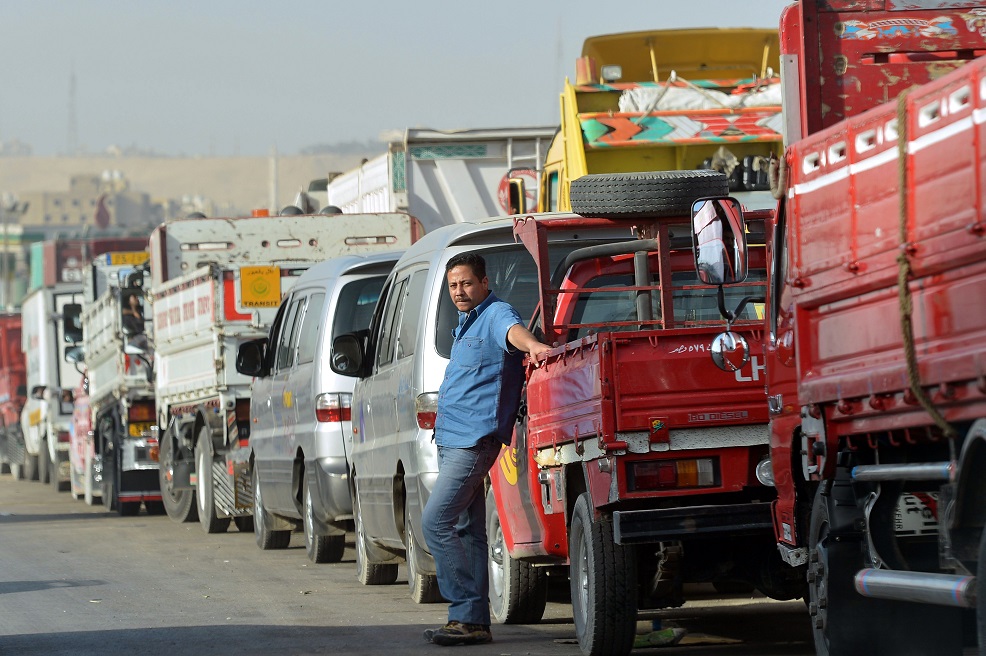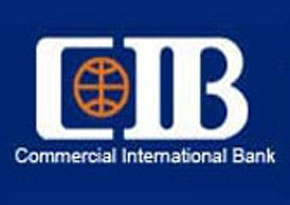
(AFP Photo / Khaled Desouki)
Cuts in petroleum subsidies in the fiscal year (FY) 2014/2015 budget, down to EGP100.2bn from EGP 104bnin the first budget, will not proceed without difficulty, according to Medhat Youssef, former Vice President of the Egyptian General Petroleum Corporation.
The government announced approval for the new budget on Monday after reducing the deficit to approximately EGP 240bn, in large part due to new measures rationing petroleum subsidies.
Youssef said gasoline and diesel prices on the local market will rise by approximately EGP 0.50 per litre, while the government’s smartcard system will likely be implemented to ration petroleum product consumption.
Butane gas, fuel oil, and natural gas prices for commercial and industrial consumers will be increased in order to ration the subsidy bill.
Implementing the smartcard system will provide the state with approximately EGP 20bn from the value of petroleum product subsidies, according to Youssef.
The decision to raise fuel prices will likely not be taken during the month of Ramadan as the timing is inappropriate, he added.
Youssef said the actual value of subsidies required by the state if measures are not taken will amount to EGP 145bn. He added that the state must remove subsidies gradually each year so that the prices of products and services provided to decisions do not skyrocket and precipitate a disaster.
Government agencies, especially the Ministry of the Interior and localities, are the largest beneficiaries of the subsidies in terms of the fuel oil obtained from power stations. They are also the largest beneficiaries of diesel fuel for public transportation, and gasoline to fuel government automobiles, according to Youssef.
The Ministry of Petroleum spends approximately EGP 70bn per year on special expenses according to Ibrahim Zahran, petroleum expert.
“The subsidies end up in officials’ wallets and are not directed at the poor. If fuel prices increase, so will corruption, and the poor will be slammed by rising prices,” said Zahran.
Zahran said that the government approving the decision to raise prices will be met with catapulting prices for all types of products.



